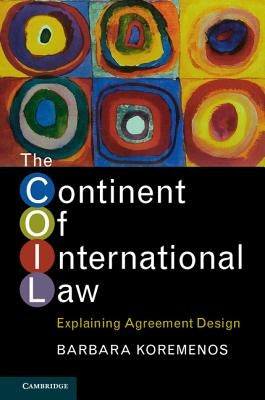Cambridge University Press
The Continent of International Law: Explaining Agreement Design
The Continent of International Law: Explaining Agreement Design
Couldn't load pickup availability
Author: Barbara Koremenos
Publisher: Cambridge University Press
Published: 03/29/2016
Pages: 456
Binding Type: Paperback
Weight: 1.45lbs
Size: 8.90h x 6.00w x 1.10d
ISBN: 9781107561441
Review Citation(s):
Choice 11/01/2016
About the Author
Koremenos, Barbara: - "Barbara Koremenos is Associate Professor of Political Science at the University of Michigan. She has published in both political science and law journals, including the American Political Science Review, International Organization, the Journal of Conflict Resolution, the Journal of Legal Studies, and Law and Contemporary Problems. Koremenos received a National Science Foundation CAREER Award for her research - the first such winner to study international relations and law. She has been invited to give seminars at academic institutions in the United States, Canada, Germany, Greece, Italy, Japan, South Korea, Spain and Switzerland, and has spoken at the American Embassy in Copenhagen as well as forming part of a small-group panel at the State Department to discuss issues of nuclear proliferation."
Share


